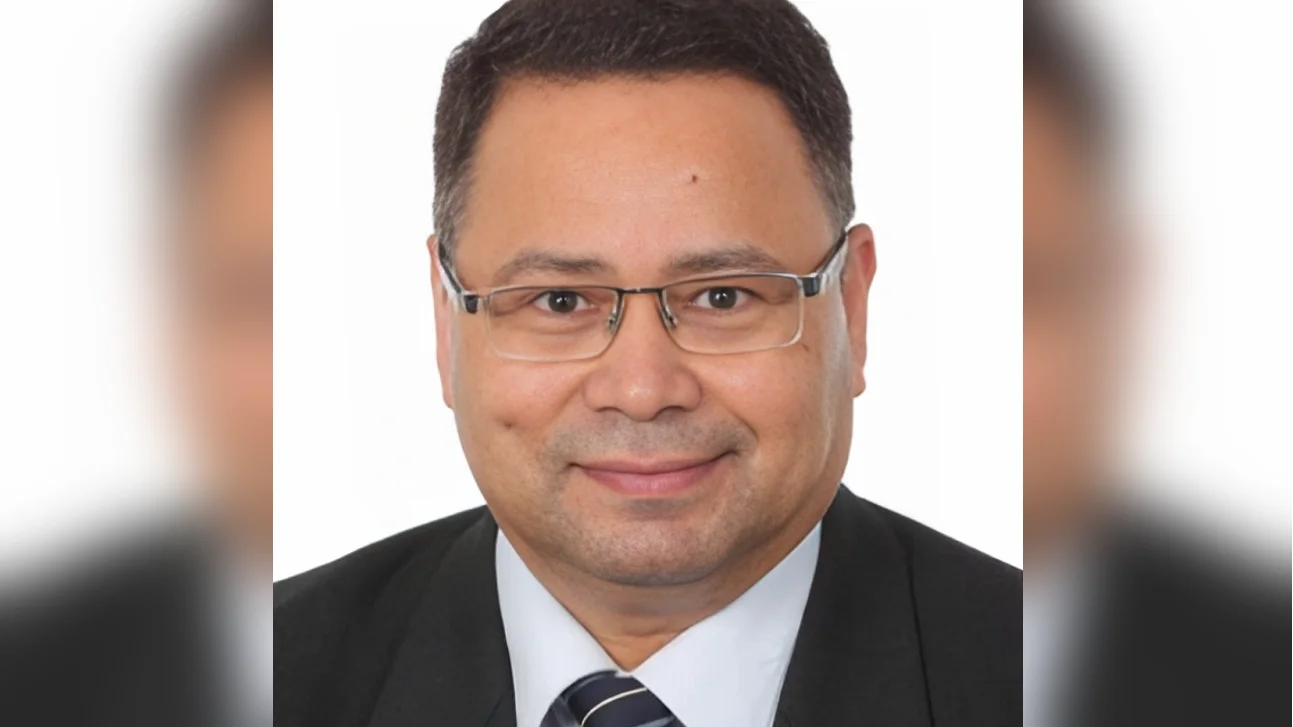A new global survey of care workers reveals a worsening staffing crisis in the health and care sectors, with nearly 70% of workers frequently understaffed and over a third (36.4%) always working short-handed. Released on the fifth anniversary of the W.H.O.’s COVID-19 pandemic declaration, the UNI Global Union report—based on responses from 11,233 workers across 63 countries—highlights a care system still in turmoil. Despite being hailed as heroes, care workers face chronic understaffing, low wages, and increasing workplace violence, driving many out of the profession and leaving patients at risk. Workers without union protections are even more severely affected by this trend.
UNI warns that these conditions are driving workers away from the sector, exacerbating a crisis that governments and employers have failed to address. The survey indicates that union membership and collective bargaining significantly improve worker retention and satisfaction.
Safe staffing levels are crucial for high-quality care and safer work environments, but chronic shortages in hospitals and care homes undermine patient health—even causing preventable deaths. For care workers, understaffing leads to poor morale, increased workplace violence and injury rates, and high turnover.
 Alerts Sign-up
Alerts Sign-up








